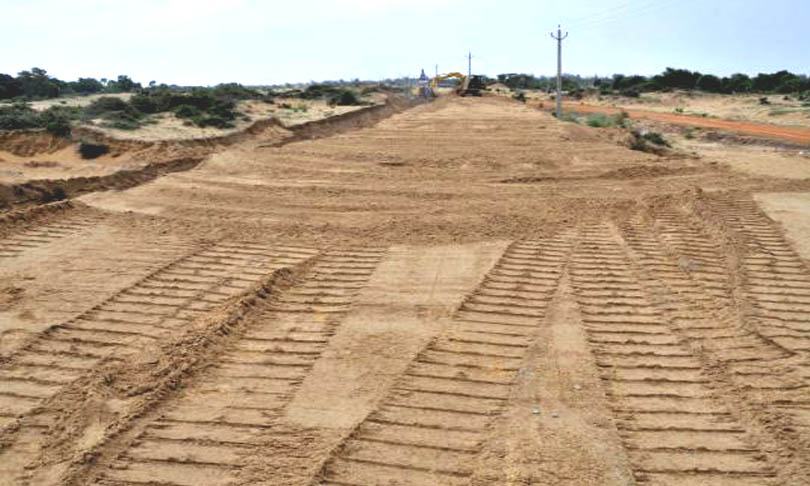
The Madras High Court, while dealing with a petition about publication of intended land acquisition in news papers, reprimanded the bureaucracy for not following the high court’s decades’ old judgment addressing the issue. One of the issues in the petition was about publication of intended land acquisition in a lesser known newspaper.
The Right to Fair Compensation and Transparency in Land Acquisition, Rehabilitation and Resettlement (LARR) Act, 2013 under section 11, states:
11. Publication of preliminary notification and power of officers – (1) Whenever, it appears to the appropriate Government that land in any area is required or likely to be required for any public purpose, a notification (hereinafter referred to as preliminary notification) to that effect along with details of the land to be acquired in rural and urban areas shall be published in the following manner, namely:—
(a) in the Official Gazette;
(b) in two daily newspapers circulating in the locality of such area of which one shall be in the regional language….
The single-judge bench of Justice N Seshasyee stated that if the intent of the statute is to ensure that notification of an intended acquisition reaches as many people in the locality then it can only signify readership of the same, and not the sale of copies.
“To opt for publication of an intended acquisition in little known newspapers may amount to a fraud on the statute, and a fraud on the right to property of the citizens,” held the court. the court pointed out that the apex court as well as Madras High Court has previously frowned upon the practice of publishing in lesser known newspapers and the earliest such judgement was pronounced in 2000 and the court said, this Court is at a loss to understand why after two decades, the bureaucracy has not considered it necessary to appreciate what the law on subject is”.
The court went ahead and impleaded Chief Secretary, Government of Tamil Nadu in the case while questioning the bureaucracy, “Should the Court presume that the bureaucracy has not considered Article 261 of the Constitution of this country as worthy of respect?”
Article 261 states that full faith and credit shall be given throughout the territory of India to public acts, records and judicial proceedings.
The court has set the next date of hearing for February 12.
The complete order may be read here.
Related:
Spewing venom against different beliefs, defies the purpose of religion: Madras HC
POCSO Act not to penalise teenagers in romantic relationships: Madras HC
Karnataka HC seeks information from lower court on pending UAPA cases
Allahabad High Court slams UP Gov’t over arbitrary challans and detentions